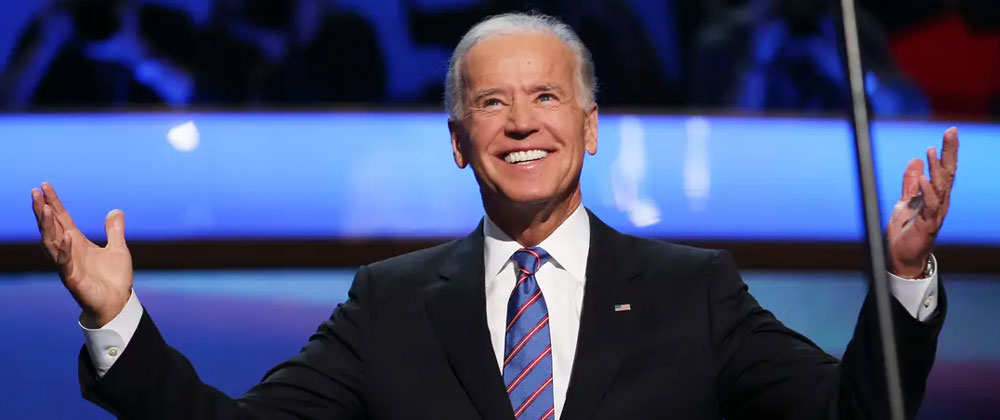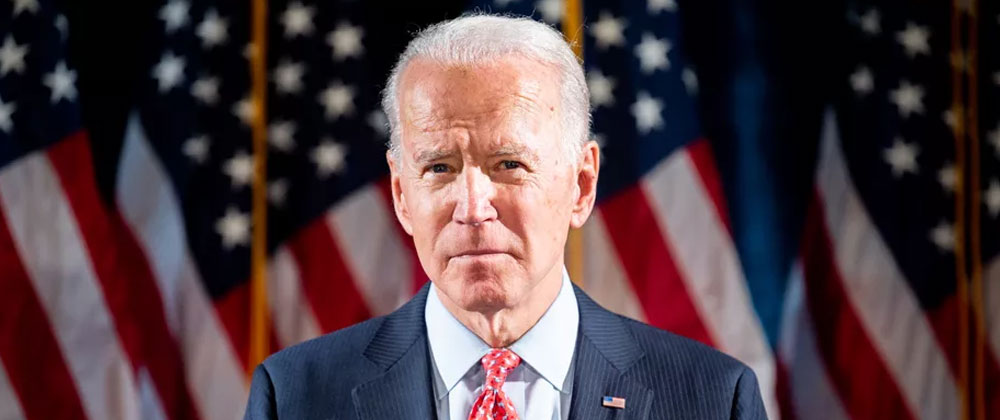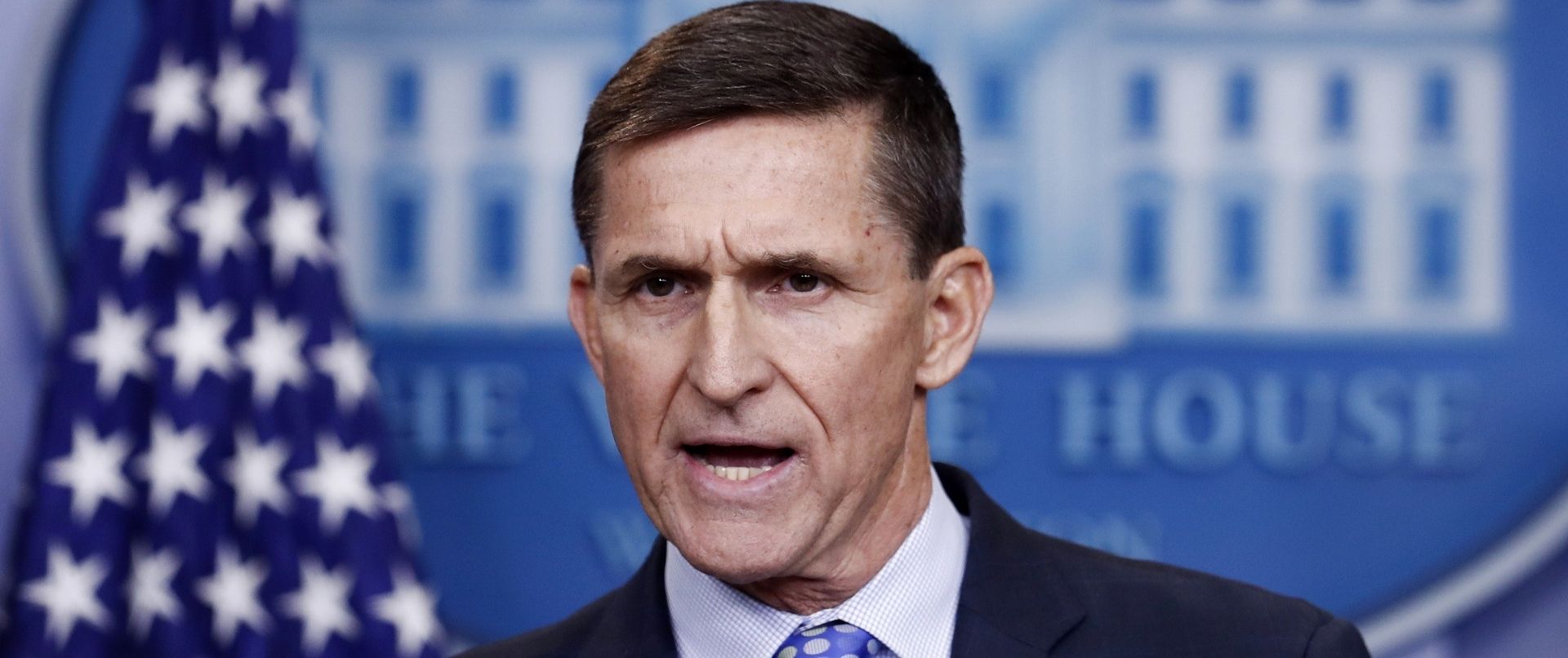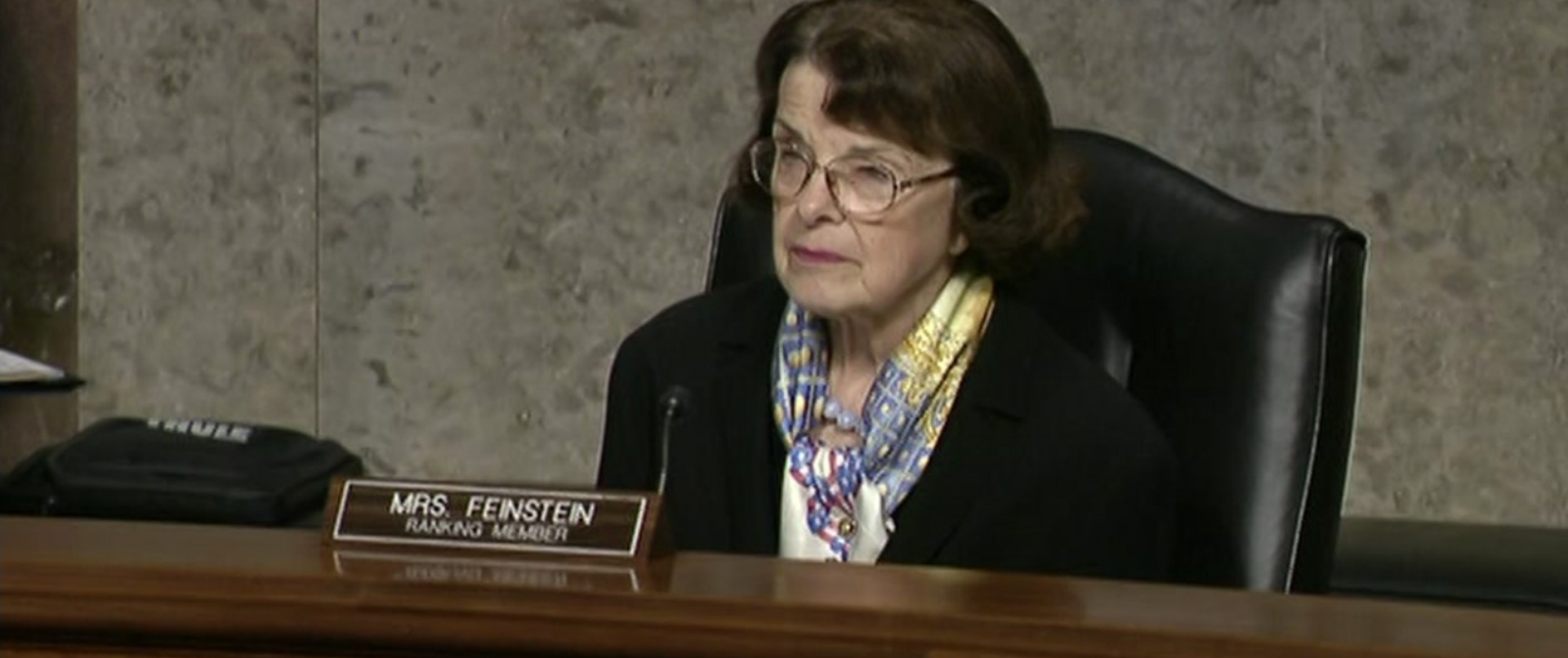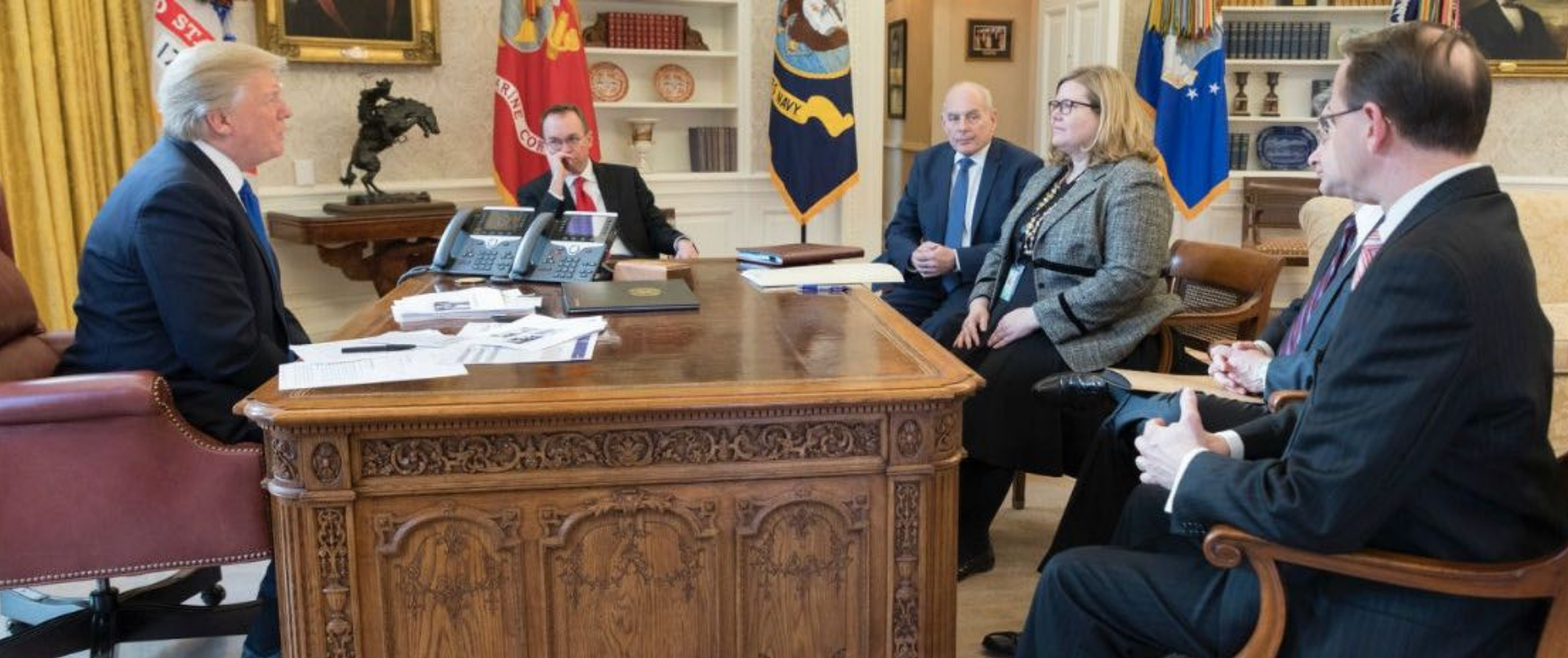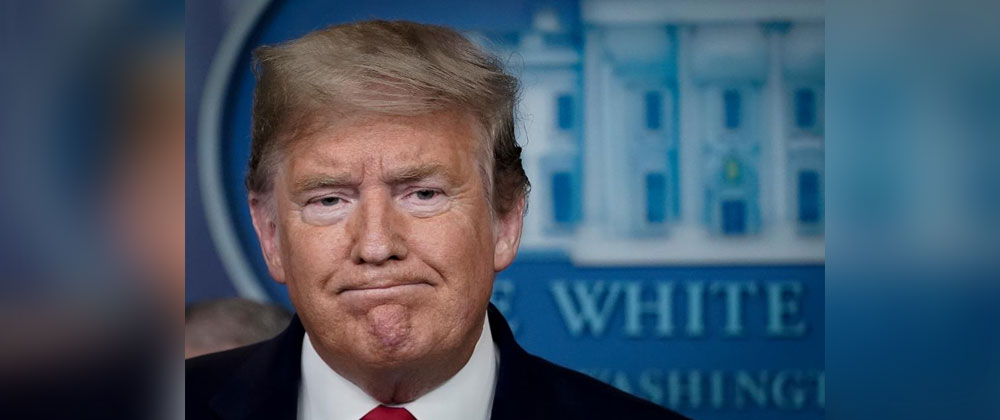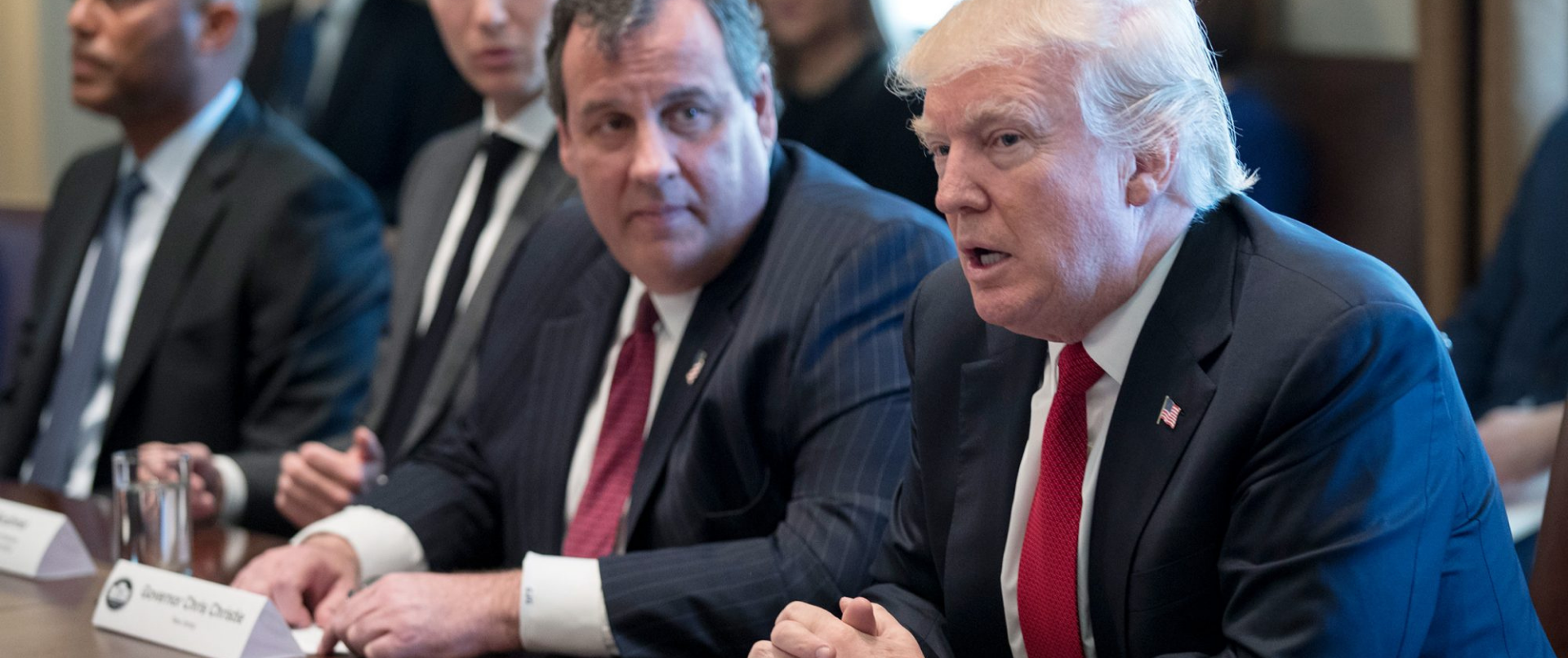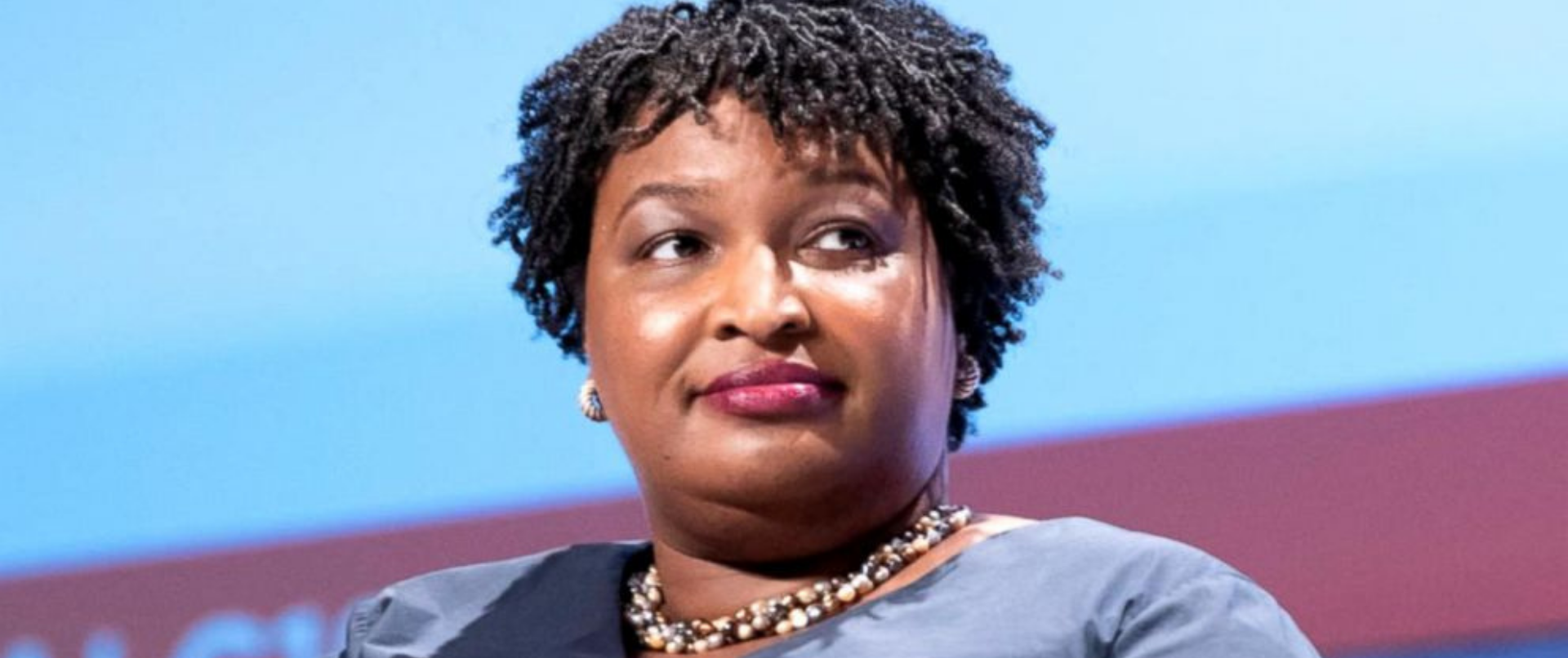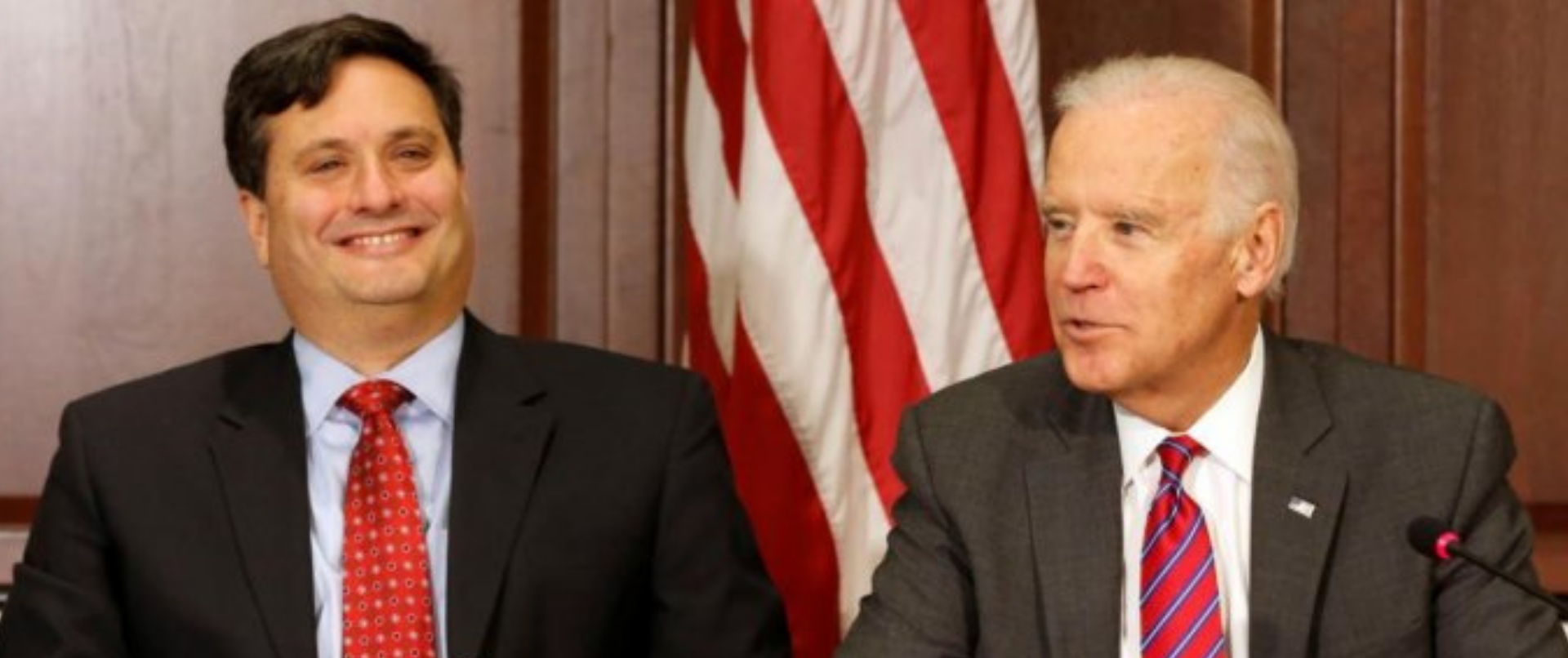Prosecutor Will Testify Against Trump Intervention In The Bizzare Roger Stone Case
A former prosecutor who worked on the Roger Stone case is expected to testify Wednesday that top officials at the Justice Department (DOJ) intervened on behalf of President Trump to help his longtime friend receive a lighter sentence.
Aaron Zelinsky, who is slated to testify before the House Judiciary Committee, will allege that Stone received more favorable treatment as a result of his relationship with the president.
“What I heard — repeatedly — was that Roger Stone was being treated differently from any other defendant because of his relationship to the president,” Zelinsky wrote in an opening statement released by the panel in advance of the hearing.
Zelinsky and John Elias, an attorney in the DOJ’s Antitrust Division, intend to provide whistleblower testimony to the committee, accusing top administration officials of political meddling in the agency’s operations.
The accusations come as Attorney General William Barr is already facing intense scrutiny over the unusual firing of the Manhattan U.S. Attorney Geoffrey Berman last week. Berman had prosecuted President Trump’s personal attorney Michael Cohen and was said to be investigating another, former New York City Mayor Rudy Giuliani.
The latest incidents are inflaming a distrust that Democrats have held towards the attorney general since his handling of the Special Counsel’s investigation into Russian meddling in the 2016 election.
Zelinsky said he was told that acting U.S. Attorney for the District of Columbia Timothy Shea succumbed to pressure at “the highest levels of the Department of Justice to cut Stone a break,” leading Shea to give sentencing instructions to prosecutors that “were based on political considerations.”
“I was also told that the acting U.S. Attorney was giving Stone such unprecedentedly favorable treatment because he was ‘afraid of the President,’” Zelinsky writes. “That explanation was deeply unsettling.”
Zelinsky said he bases this assertion on what he observed first hand in terms of the “unusual and unprecedented way” Stone’s sentencing was handled by the DOJ and what his supervisors in the U.S. Attorney’s Office told him at the time in terms of why Stone was receiving this treatment.
Zelinsky and his team had recommended in February that Stone receive a prison sentence of between seven and nine years, only to be overruled by the department in favor of a more lenient sentence. The move prompted Zelinsky and three other prosecutors to withdraw from the case, including one attorney who resigned from the department altogether.
Stone was ultimately sentenced to more than three years in prison for obstruction and witness tampering charges stemming from his 2017 testimony to Congress about his efforts to act as a backchannel between the 2016 Trump campaign and WikiLeaks, which at the time was releasing hacked emails from the Clinton campaign and Democratic party officials.
Elias, meanwhile, wrote in his opening statement that Barr directed the DOJ’s competition enforcers to scrutinize the nascent marijuana industry and four automakers’ agreement with the state of California to abide by improved emissions standards over the objections of career department officials.
“Based on what I have seen, and what my colleagues saw and described to me, I was concerned enough to report certain antitrust investigations launched under Attorney General Barr to the Department of Justice Inspector General,” Elias wrote. “I asked him to investigate whether these matters constituted an abuse of authority, a gross waste of funds, and gross mismanagement.”
Elias, a 14-year veteran of the DOJ, served as an acting chief of staff for the Antitrust Division between January 2017 and October 2018. He alleges that in August of last year, the day after Trump criticized California and four automakers on Twitter, antitrust officials were directed to launch an investigation into their agreement to abide by stricter emissions standards than the ones implemented by the administration.
“Upon receiving the matter, the enforcement staff expressed concerns about the legal and factual basis for the investigation,” Elias wrote.
Barr also pushed for investigations into mergers within the budding marijuana industry, even though the business was considered too decentralized to warrant antitrust scrutiny, raising further objections from career staffers, according to Elias.
“The head of the Antitrust Division, Assistant Attorney General Delrahim, responded to internal concerns about these investigations at an all-staff meeting on September 17, 2019,” Elias wrote. “There, he acknowledged that the investigations were motivated by the fact that the cannabis industry is unpopular ‘on the fifth floor,’ a reference to Attorney General Barr’s offices in the DOJ headquarters building. Personal dislike of the industry is not a proper basis upon which to ground an antitrust investigation.”
The accusations are sure to add to the mounting criticism from Democrats that Barr has politicized the DOJ and worked to protect the president and his allies. In a surprise move last month, the DOJ sought to drop its charges against former national security adviser Michael Flynn for lying to the FBI about his contacts with a Russian diplomat.
DOJ spokesperson Kerri Kupec batted down Zelinsky’s allegations hours after his written statement surfaced.
“Mr. Zelinsky’s allegations concerning the U.S. Attorney’s motivations are based on his own interpretation of events and hearsay (at best), not firsthand knowledge,” Kupec said in a statement.
She also noted that Barr, who she noted Zelinsky had no contact with, did not have contact with the president about the Stone case.
Zelinsky joins Jonathan Kravis, a DOJ prosecutor who resigned over the Stone incident, in speaking out against the administration’s conduct in the case. Kravis published an op-ed in The Washington Post last month, criticizing the DOJ’s handling of Stone and Flynn.
“In both cases, the department undercut the work of career employees to protect an ally of the president, an abdication of the commitment to equal justice under the law,” Kravis wrote.
“Prosecutors must make decisions based on facts and law, not on the defendant’s political connections. When the department takes steps that it would never take in any other case to protect an ally of the president, it betrays this principle.”



